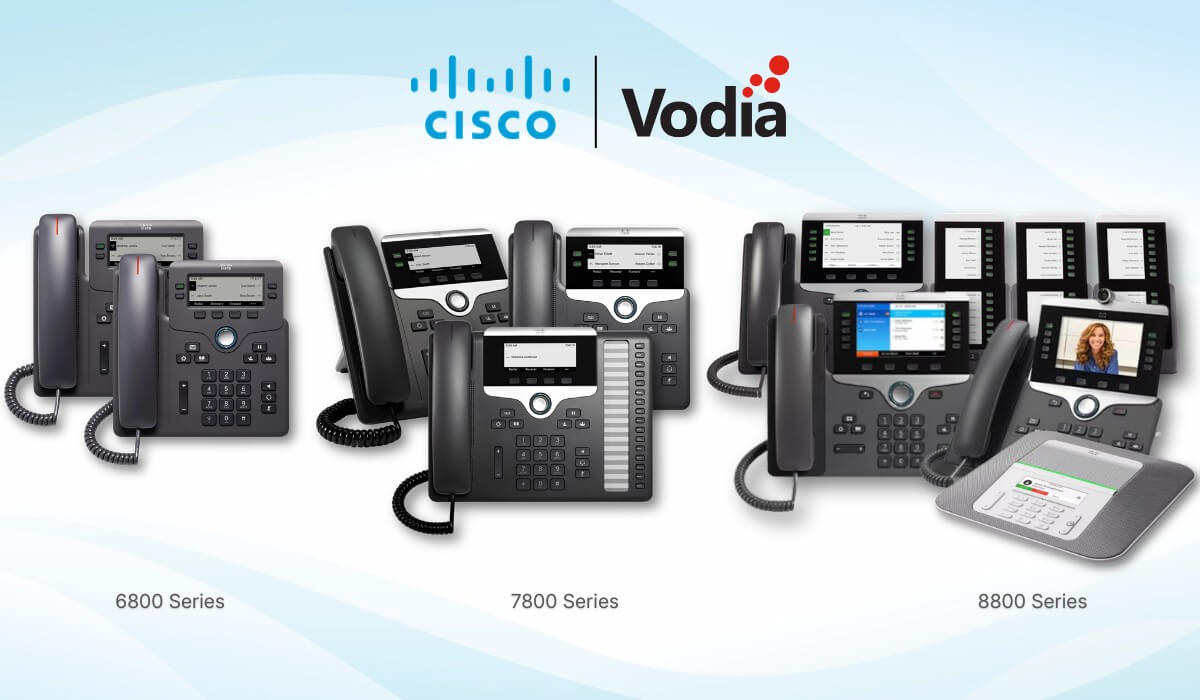What’s a POTS line and what does it have to do with copper? Quite simply, all traditional phone systems, which are landlines, use old-fashioned copper wires. POTS lines are the traditional analog phone lines businesses use for DSL, fax and voice. Phone systems using copper wires were originally called “Post Office Telephone Service,” but the acronym has come to mean “Plain Old Telephone Service.” How old? They’ve been in use since 10 March 1876, when Alexander Graham Bell summoned his assistant, Watson, from the world’s first phone. They work, obviously, so what’s the issue?
As of 2 August 2022, this summer, telecom services providers will forever retire POTS lines, per the FCC, and their customers will have to find another type of service. In August 2019, the FCC issued order 19-72A1, mandating the replacement of all U.S. POTS lines with an alternative service by August 2, 2022. Section I.3 of this order states the following:
“Given the sweeping changes in the communications marketplace since the passage of the 1996 Act, including the increasing migration of consumers of all sorts and sizes away from TDM technology, copper loops, and local telephone service toward newer, any-distance voice services over next-generation wireline and wireless networks and the wide range of competitors offering facilities-based voice service alongside over-the-top Voice over Internet Protocol (VoIP) services, we find that the public interest is no longer served by maintaining these legacy regulatory obligations and their associated costs. Rather than a foothold for new entrants into the marketplace, they have become a vice, trapping incumbent LECs into preserving outdated technologies and services at the cost of a slower transition to next-generation networks and services that benefit American consumers and businesses.”
Your best option is to make the transition to a Voice over Internet Protocol PBX (private branch exchange) and move your phone system to the cloud. What are the benefits?
Over the next six months you’re going to have to give up the copper wires. May we suggest our best-in-class cloud PBX? The Vodia phone system comprises the most complete suite of robust business telephony features for on-premise and cloud-based telephony, including auto attendant, SMS, paging, separation of personal and work calls, conference calls, call recording, CRM integration and Microsoft Teams integration.
- Our PBX turns any mobile phone, laptop, tablet or PC into a VoIP client employees can use anywhere – and all calls to their office extensions are routed to their mobile devices (callers only see the number they dialed, not your employees’ private numbers)
- All the systems you currently have in place – voicemail, caller ID, conferencing and DND – simply migrate to the cloud
- Set up is fast and painless, as are integrations with MS Teams, FreshBooks, Zoho, HubSpot and Salesforce, SMS and Android and IOS mobile apps.
- We give you a robust, resilient, easy-to-use suite of tools to help you and your team create and collaborate via the cloud.
We’ve got the best resellers in the business, and they’re ready to help you untangle yourself from your POTS wires. Contact us, sales@vodia.com, and we’ll connect you with one of our resellers.
.svg)




